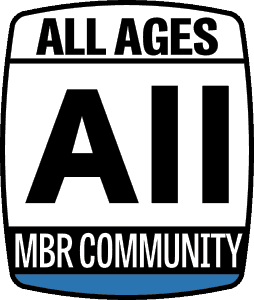Description
Overthinking is real, but many of your fears are not. How do you combat an enemy that lives in your head? Look no further than this book.
You come up with this great idea for a product, a project, or even just a new way to organize your files at work. You feel elated for all of two minutes before diving into a self-sabotaging spiral of panic and doubt.
Here are some other scenarios that might be familiar to you.
You’ve come up with the perfect barb for an insult delivered at a cocktail party . . . 20 years ago.
You’ve also lain awake at 3 a.m., rehashing some offhand comment made by your spouse. As a result, you find yourself barely able to function the next morning.
What’s happening here?
Chances are you’re overthinking and this habit is draining you of your vitality and your peace.
But it’s not a “habit.” This is who I am. I like to think things over.
This book will challenge that assumption.
It will show you that overthinking, far from being a benign personality quirk, robs you of productivity and paralyzes you from taking actions that will bring you greater life success.
More than one scientific paper shows the best way to find out what’s going on with other people is to interact with them directly.
One, written by Harvard University’s Bonnie Talbert in 2017, argues that overthinking is one of the worst ways to predict what others think or mean.
Published in Social Epistemology, “Overthinking and Other Minds” says you cannot apply the mental processes you use to learn about yourself to gain insight into other people.
That’s because other people are moving targets. They have an ever-changing reel of thoughts and external factors motivating the things they do and say. To overlay those with your own would be folly.
Yet, most of us have done this at some point or another in our lives when we overthink.
This book will show you how to stop that runaway train before it steamrolls over your relationships, your career, or any area of your life where overthinking dominates.





Comments